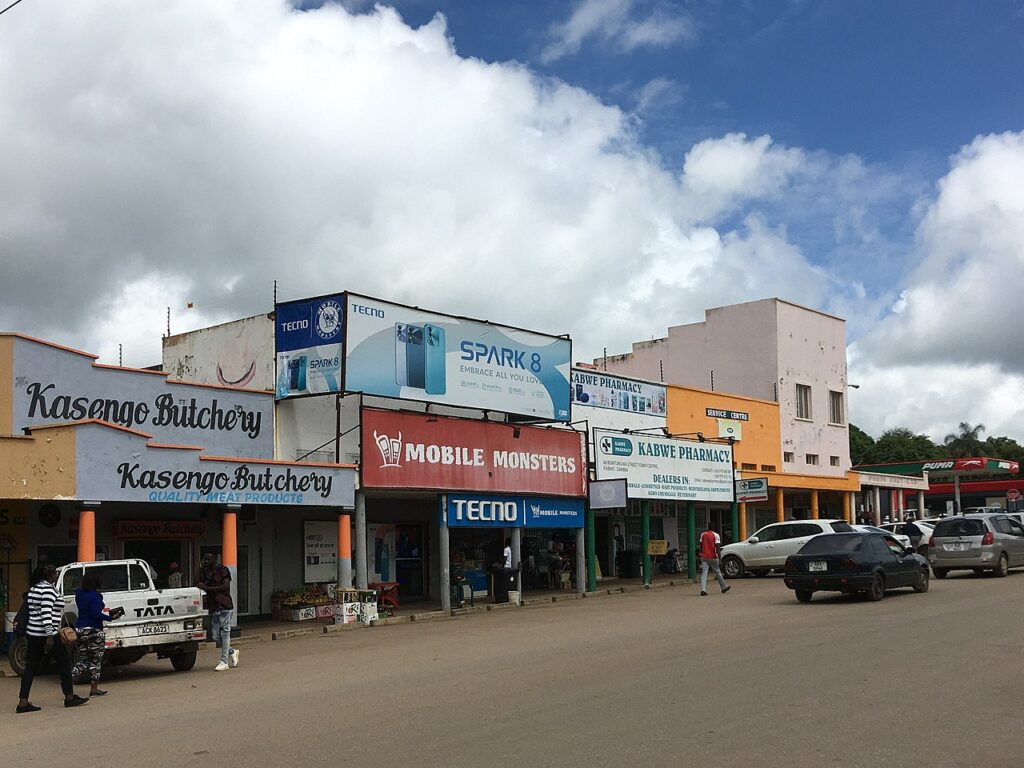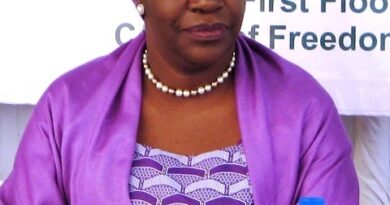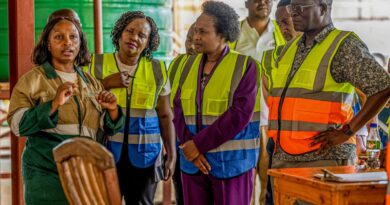Urgent Action Needed on Kabwe Lead Cleanup as Government Stalls, Civil Society Warns
The Alliance for Lead-Free Kabwe, a coalition of Zambian and international civil society organizations, has sounded the alarm over Zambia’s government’s delay in addressing severe lead contamination in the city of Kabwe.
Despite urgent calls for action, the government has yet to draft a technical proposal and seek support from relevant stakeholders to undertake a comprehensive cleanup of the former Kabwe mine, one of the world’s most heavily lead-polluted sites.
Juliane Kippenberg, Child Rights Associate Director at Human Rights Watch, expressed dismay over the situation, stating, “It is inconceivable that 30 years after the mine’s closure, children in Kabwe still suffer lead poisoning and serious lifelong health impacts.”
The toxic mine poses an imminent threat to the health and lives of Kabwe residents, particularly children and pregnant women, who are especially vulnerable to lead exposure.
Kabwe, a former lead and zinc mine established during the British colonial period, remains one of the world’s worst pollution hotspots.
Despite the mine’s closure in 1994, its toxic waste persists, with lead dust from uncovered waste dumps contaminating nearby residential areas, affecting up to 200,000 people. The situation is exacerbated by small-scale and informal mining activities at the site.
President Hakainde Hichilema’s directive in March 2022 to establish a technical committee to address the remediation process in Kabwe has seen little progress.
Despite initial discussions, the committee was never formally constituted. The government’s subsequent announcement to transform Kabwe into a “Green City” lacks clarity on concrete plans for remediation.
Namo Chuma, Country Director of Environment Africa Zambia, expressed disappointment with the government’s inaction, urging it to develop a tangible plan and engage civil society and affected communities in the cleanup process.
Lead contamination poses severe health risks, including stunted growth, learning difficulties, memory loss, and developmental delays.
The World Health Organization considers lead exposure a major public health concern, with over 95% of children near the Kabwe mine exhibiting elevated lead levels.
Efforts to seek justice through legal avenues have faced setbacks. A class action lawsuit filed in 2020 seeking compensation and remediation was rejected by the South African High Court in December 2023. However, plaintiffs plan to appeal this decision.
While Zambia’s government has undertaken limited cleanup efforts with World Bank support, these measures are deemed unsustainable without addressing the contamination’s source.
Father Gabriel Mapulanga, Director of Caritas Zambia, emphasized the urgent need for action to safeguard Kabwe residents’ right to a healthy environment.
The Alliance for Lead-Free Kabwe comprises various organizations advocating for justice, environmental protection, and children’s rights, underscoring the broad-based support for urgent action on the Kabwe lead contamination crisis.



